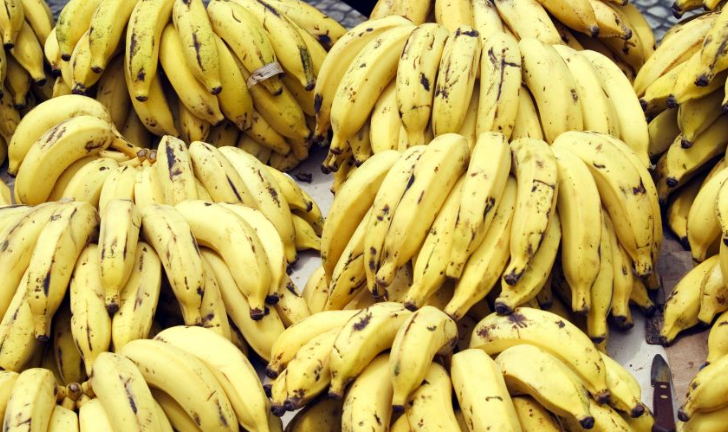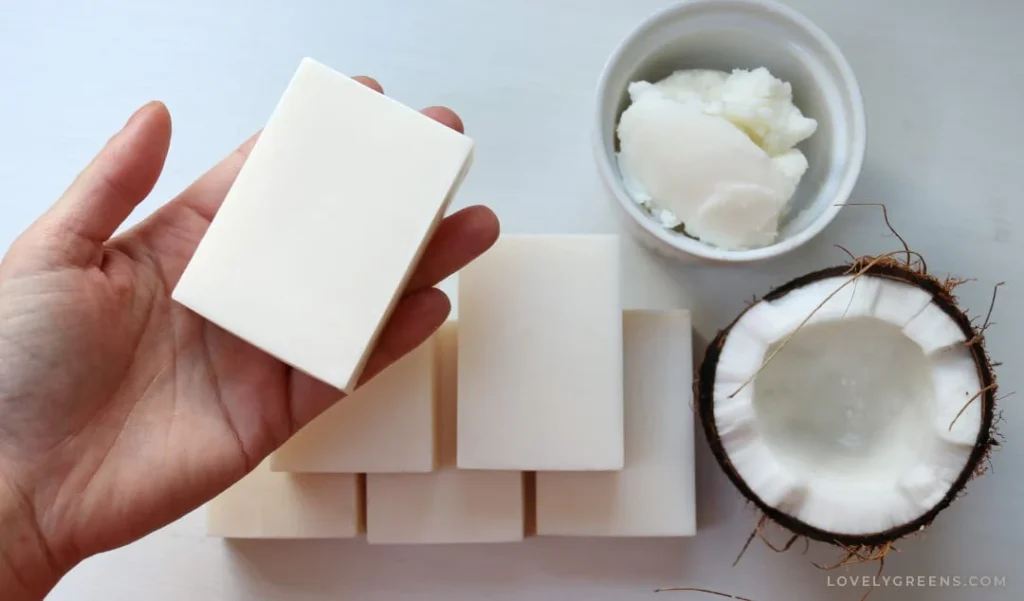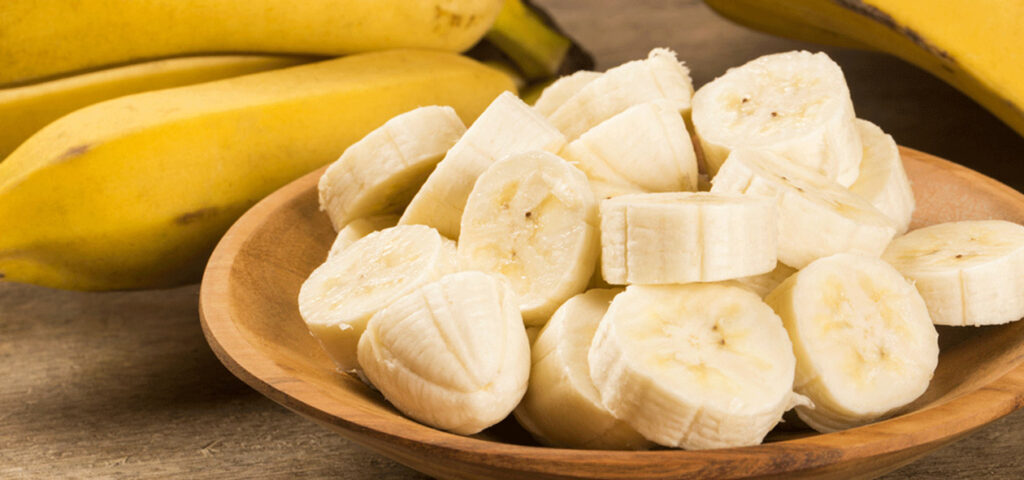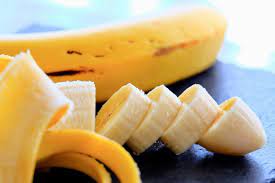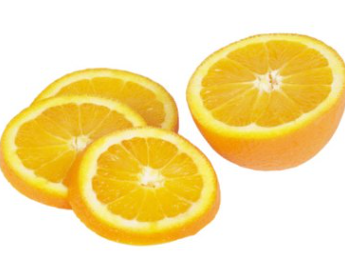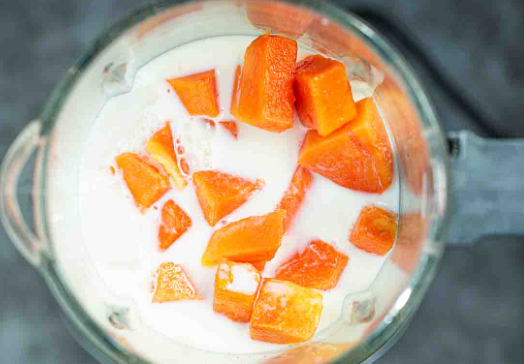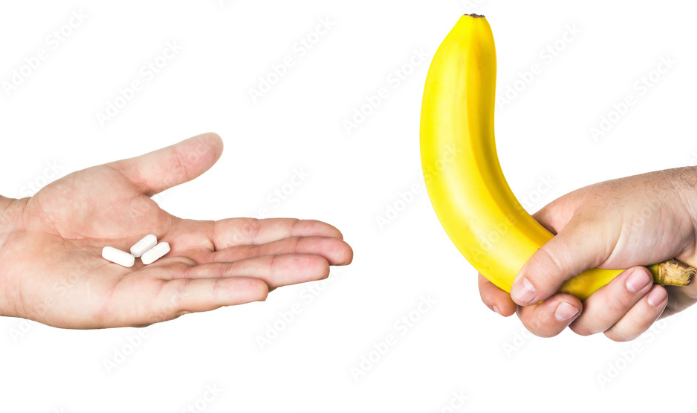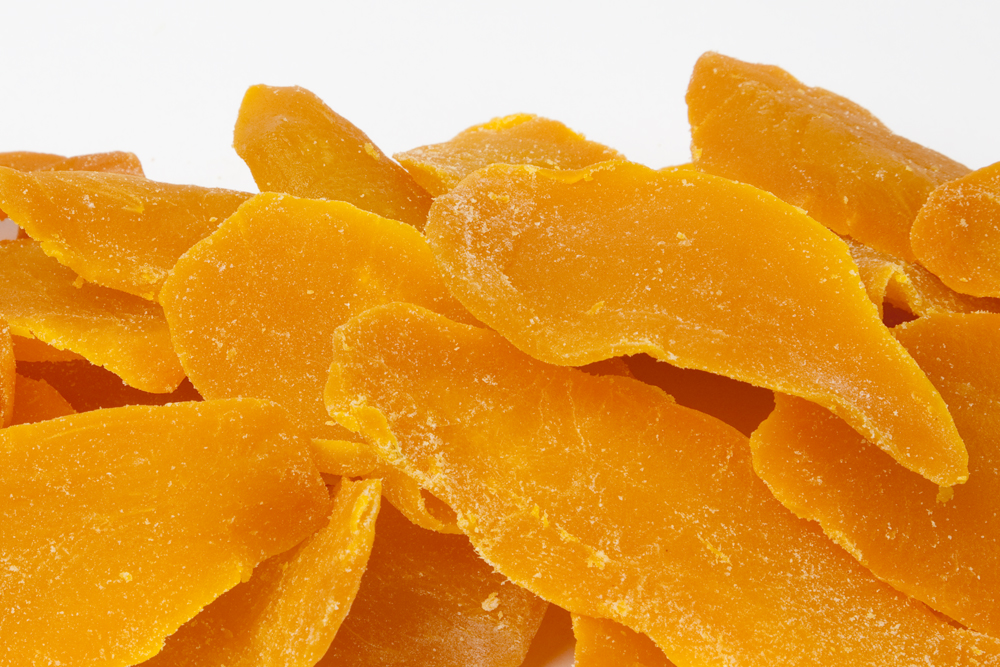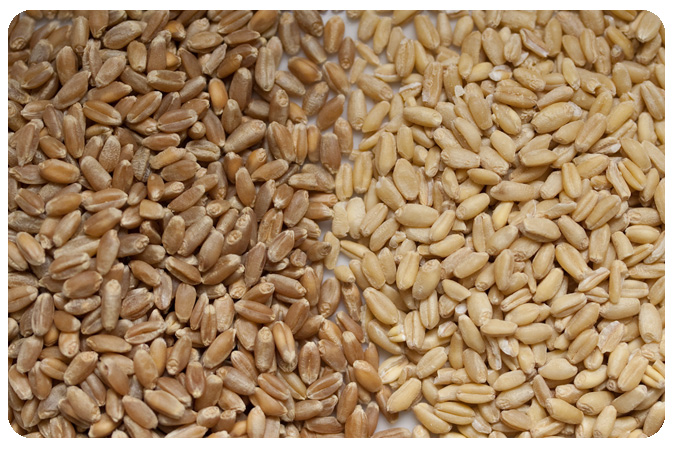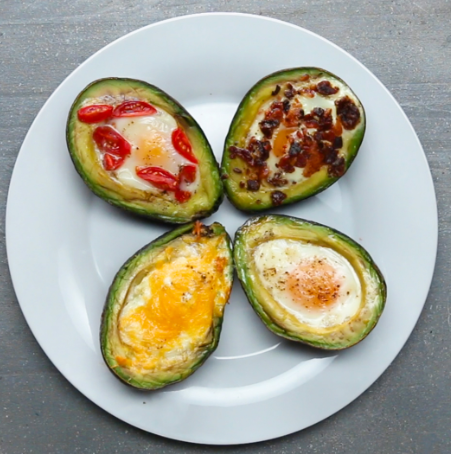Our digestive system is complex and has countless microbes that are important for breaking down food and keeping us healthy. But sometimes, the balance of these microbes can be thrown off, leading to the growth of bad bacteria. H. pylori is one such bacterium that can cause problems in our guts.
Bananas are often seen as a food that’s good for the stomach. They are not harsh like some acidic or spicy foods which can make gastritis or ulcers worse. They are easy on the stomach because they’re soft and have natural substances that lessen stomach acid, which can help some people feel better.
Bananas are full of a type of fiber that’s good for your digestion and encourages a healthy gut. This soluble fiber turns into a gel in the gut and can calm and protect the stomach’s inner layer. Fiber also makes sure you have regular bowel movements and supports a healthy mix of microbes in your gut, which is important for your digestive system.
Table of Contents
What Is H. pylori?
H. pylori, or Helicobacter pylori, is a type of bacteria that is shaped like a spiral and lives in the mucus layer of the stomach lining. It’s very common with about half of all people having it in their gut.
Not everyone who has H. pylori gets sick from it. But some might have symptoms like a bad stomach, feeling bloated, burping a lot, feeling nauseous, and even getting stomach ulcers. If it’s not treated, it can cause more serious health issues.
H. pylori is tricky because it can avoid being caught by the body’s immune system. It produces things that let it burrow into the stomach lining where it’s safe. It also makes toxins that hurt and mess with the cells, which can lead to inflammation and ulcers.
Controlling H. pylori is key for a healthy digestive system. Although antibiotics are often used to treat it, many people are also looking for natural ways to deal with it.
This brings us to bananas. Since they are commonly eaten when your stomach is upset, could they also be helpful against H. pylori?
Why Might Bananas Help with H. pylori?
Bananas have many nutrients that can ease different digestive problems. Let’s explore what they have and why that’s important:
1. High in Prebiotics
Prebiotics are a type of fiber that feed the good bacteria in your gut. They help good bacteria like Lactobacilli and Bifidobacteria grow.
Bananas are rich in inulin, fructooligosaccharides, and resistant starch, which are all powerful prebiotics. By feeding the good bacteria, they can outnumber bad ones like H. pylori.
Having a healthy, well-balanced group of microbes in your gut also makes the gut lining stronger. This block H. pylori from getting into the tissue.
2. Full of Pectin
Pectin is a type of soluble fiber in bananas that turns into a gel-like substance in your digestive system. This slows down how quickly food moves through your gut, so your body can take in more nutrients.
When the food moves more slowly, it lets probiotics and helpful enzymes do their job better. This means less chance for bad bacteria that make gas and cause bloating, burping, and a bad stomach – all things that can happen with H. pylori infection.
3. Full of Electrolytes
Bananas are known for having a lot of potassium. Potassium is a mineral that helps muscles work right, including those that help with digestion. Bananas also have vitamins like B6 and C, which help the immune system and overall health, aiding digestion too.
Electrolytes, such as potassium, magnesium, and sodium, help control fluids in the body, make muscles work, and look after your nerves. Bananas are great for getting potassium – one banana gives you about 10% of what you need in a day.
Potassium can help with the extra acid that H. pylori can cause in the stomach. This can lessen the burning feeling and prevent damage to the stomach lining.
The magnesium in bananas relaxes the muscles in the gut, which could help with stomach cramps. It also helps the stomach make digestive juices needed for breaking down food properly.
4. They Provide Antioxidants
Free radicals can hurt cells if there are too many of them. Bananas give your body antioxidants like dopamine and catechins that fight these, reducing swelling.
Lower levels of swelling help the stomach heal from the damage caused by the toxins from H. pylori. The combination of antioxidants in bananas is also good for fixing ulcers and stopping them from happening again.
Eating a Balanced Diet: It’s Not Just About Bananas
While bananas can be good for you, remember that your digestive health depends on more than just one food. Eating a variety of foods that are full of nutrients, drinking enough water, and managing stress are all important for a healthy gut and overall well-being.
Smart Ways to Include Bananas in Your Diet
For the most benefit, try to add bananas to your diet in creative ways. You could eat them on their own, blend them into smoothies, or use them to sweeten your oatmeal or yogurt. Try different recipes and see what you like best and what helps your digestion the most.
Conclusion: A Nutrient-Filled Friend for Your Gut
Bananas have a lot to offer when it comes to managing the trouble that H. pylori can cause in your digestive system. The mix of prebiotics, electrolytes, pectin, and antioxidants they provide can help settle your stomach in many ways. Research also supports the idea that bananas can fight microbes and help heal ulcers.
Even though bananas alone won’t cure anything, adding them to what you eat every day is a simple and tasty way to help your gut fight off bad germs. Along with probiotics, yogurt, bone broth, and other foods that are good for the gut, bananas are another natural option to help calm and strengthen your digestion.
